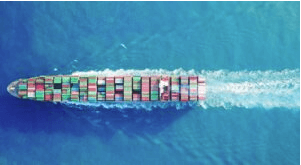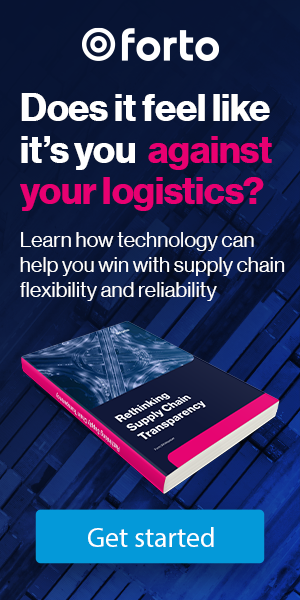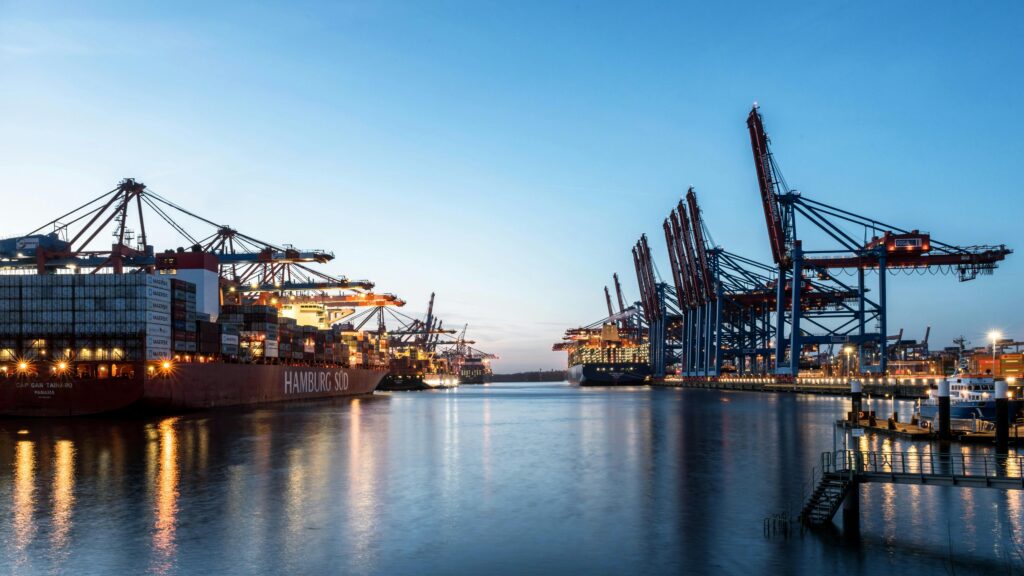-
Can online freight marketplaces replace forwarders?
-
Forwarders’ role extends beyond rate quotes
-
Digitization brings accuracy to rate quotes and more to reduce process costs
Freight marketplaces continue to make headlines as forwarders are viewed as not keeping with the times. Often described as the forwarder’s replacement as a means to obtain, book and track rates, these freight marketplaces promote savings in time and efficiency without much proof.
Meanwhile, besides rate management, forwarders juggle numerous roles including maintaining compliance, managing shipper expectations and exceptions, inspections of cargo and staying abreast of market changes.
Freight Marketplaces
A freight marketplace can be described as an online site where a product or service is provided by multiple third parties with transactions processed by the marketplace operator.
But is this really the case? Perhaps not according to some shippers. Often it is found that despite the pleasing 2.0 front-end, the back-end is more likely a 1.0 and not so pleasing.
For example, what is touted to be a quicker method to obtain rate quotes, instead, online marketplaces often rely on quotes from forwarders that still use manual processes to compile quote requests.
As a result, timeliness and accuracy are questioned. For many users, the transaction abruptly ends with the quote, leaving the user to contact the forwarder by phone or email or even fax to complete the process.
The Freight Forwarder
As noted in our recent blog post, a freight forwarder is a multi-function agent/operator who assumes the role of arranging the movement of goods from point A to point B on behalf of a BCO (Beneficial Cargo Owner). The forwarder is a vital part of the whole supply chain and is common to all modes of transport – sea, air, road and rail.
Indeed, the forwarder plays a multitude of roles when arranging shipments – customs clearance documentation, warehousing if needed, inspections and more. So far, freight marketplaces are not able to handle these additional services and one-off needs.
As to the question of why forwarders have been slow to adopt technology, they are indeed adopting technology – simply not quick enough.
Supply Chain Dive suggests that small and medium-size shippers have yet to demand it, and in fact may prefer a personal relationship with their forwarder to an online quote.
Another thought is that these small and medium-size shippers do not know the potential cost savings they too can benefit from if the right technology and/or automation are implemented by their forwarding partner.
Digitization
Rate quoting is certainly an important component of supply chains; but it’s definitely not the only one. As mentioned previously, customs clearance and documentation, temporary warehousing, final mile delivery and so much more emphasizes the importance and need for forwarders. But at the same time, all of these components are often done in silos and thus the processes become inefficient.
As a result, digitizing freight forwarding as well as the rest of the supply chain is very important. Once built, according to PwC, “the digital supply “network” will offer a new degree of resiliency and responsiveness enabling companies that get there first to beat the competition in the effort to provide customers with the most efficient and transparent service delivery”.
In other words, digitization takes the beauty of the automated quoting process and adds the accuracy, guaranteed integrated technology to reduce process costs. In addition, add in a professional forwarding team and local connections to assist with exceptions and ta-da! you have a digital or virtual forwarder.
As for today’s freight marketplaces, in the words of the Wizard of Oz, “Pay No Attention to that Man Behind the Curtain”, because most of them in fact are just pretty front-ends with not much, if anything behind the curtain.
Find out more about what digital forwarders can offer by visiting our website. While there, be sure to sign up for our newsletter to stay up with the latest news and thought leadership from our team.








